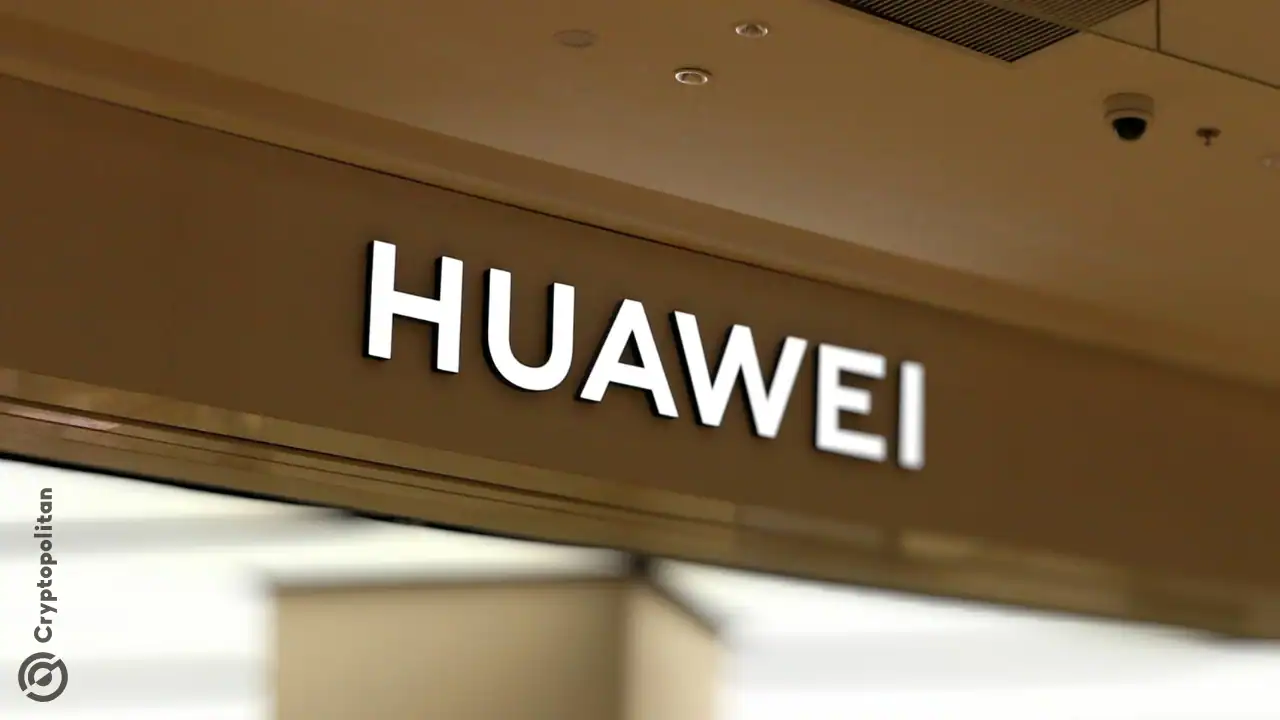Contents
Huawei’s Challenge to Nvidia’s AI Chip Dominance in the Middle East and Southeast Asia
Huawei Technologies is making a bold move to challenge the long-standing dominance of Nvidia in the AI chip market. The company is targeting key markets in the Middle East and Southeast Asia, specifically the United Arab Emirates (UAE), Saudi Arabia, and Thailand. Huawei has reportedly introduced its Ascend 910B processors to potential buyers in these regions, with an aim to sell several thousand units across the area. However, exact numbers for each country have not been officially disclosed.
In addition to the Ascend 910B processors, Huawei has also offered its CloudMatrix 384 AI system to prospective clients. This system utilizes advanced Ascend 910C chips, but supply constraints have delayed exports. Despite this, Huawei is currently selling its 910C processors to Chinese companies that are unable to access advanced American chips.
Reliance on Nvidia in Key Markets
The UAE, Saudi Arabia, and Thailand have heavily relied on Nvidia’s processors for their AI infrastructure. Recently, both the UAE and Saudi Arabia made multi-year agreements to purchase over a million chips from Nvidia and Advanced Micro Devices Inc. (AMD). In the UAE, part of these chips will be allocated to the AI firm G42, while the rest will support US companies operating data centers in the country.
In Saudi Arabia, Nvidia and AMD have agreed to supply chips to Humain, an AI company working on its “AI factories.” Although the project is still in its early stages, it aims to use several hundred thousand Nvidia processors within the next five years. The first phase of the plan involves deploying 18,000 Nvidia GB300 Grace Blackwell processors along with an InfiniBand network system.
Thailand’s local AI startups primarily depend on Nvidia GPUs for training and testing models. However, if Trump’s proposed restrictions on chip shipments are implemented, the country may need to look for alternative manufacturers, including those from China.
Huawei’s Strategy and Challenges
Despite its efforts, Huawei has not yet secured contracts with the UAE, Saudi Arabia, or Thailand. However, its offers have caught the attention of U.S. policymakers who are concerned about maintaining America’s leadership in the AI chip sector. Currently, Huawei’s Ascend chips are considered less advanced than Nvidia’s offerings, at least by a generation.
Some institutions, such as the Mohamed bin Zayed University of Artificial Intelligence in the UAE, have not shown interest in Huawei’s proposals. Meanwhile, Thailand’s stance remains uncertain. Huawei has also proposed selling around 3,000 Ascend chips to Malaysia, but the status of that deal is unclear.
Saudi Arabia appears to be more receptive to potential acquisitions. However, when asked about discussions with Huawei, the Saudi Data & AI Authority (SDAIA) spokesperson stated, “At this stage, we’re not in a position to provide a comment as the matter is outside our current scope.”
Production Capacity and Global Ambitions
According to one source, a Trump administration official claimed that Huawei can only produce 200,000 AI chips in 2025, most of which will be sold within China. However, this estimate does not include the 2.9 million Ascend 910B chips that Huawei sourced from Taiwan Semiconductor Manufacturing Co. (TSMC).
In June, Commerce Under Secretary Jeffrey Kessler warned that the U.S. should not become complacent, even with China’s limited production capacity, as the country has global ambitions in the AI chip market.
Conclusion
As Huawei continues to push into the Middle East and Southeast Asia, it faces significant challenges in competing with established players like Nvidia. While the company has made inroads with some potential clients, securing major deals remains a hurdle. The geopolitical landscape, combined with technological limitations, means that Huawei’s path to challenging Nvidia’s dominance is far from straightforward.




